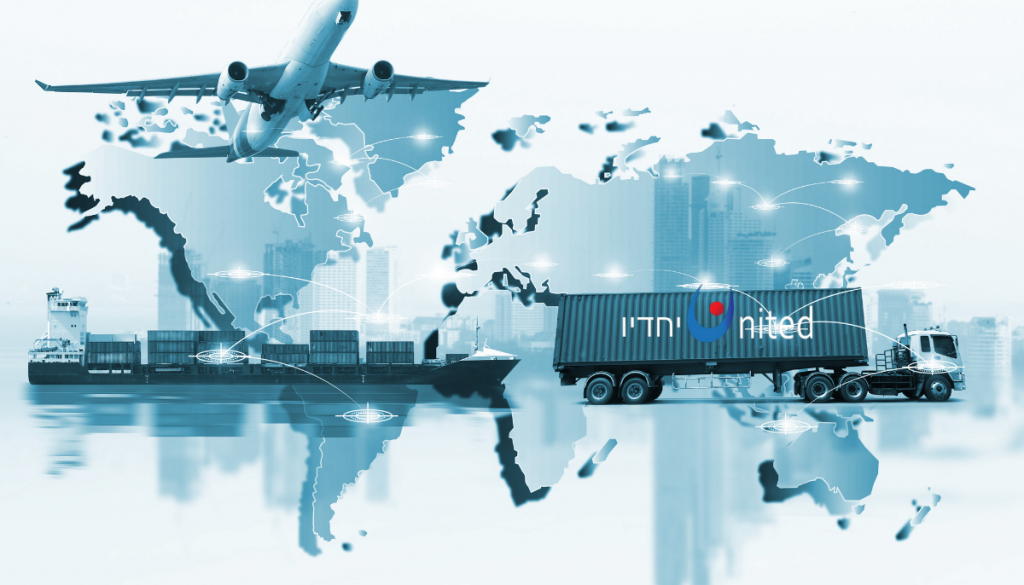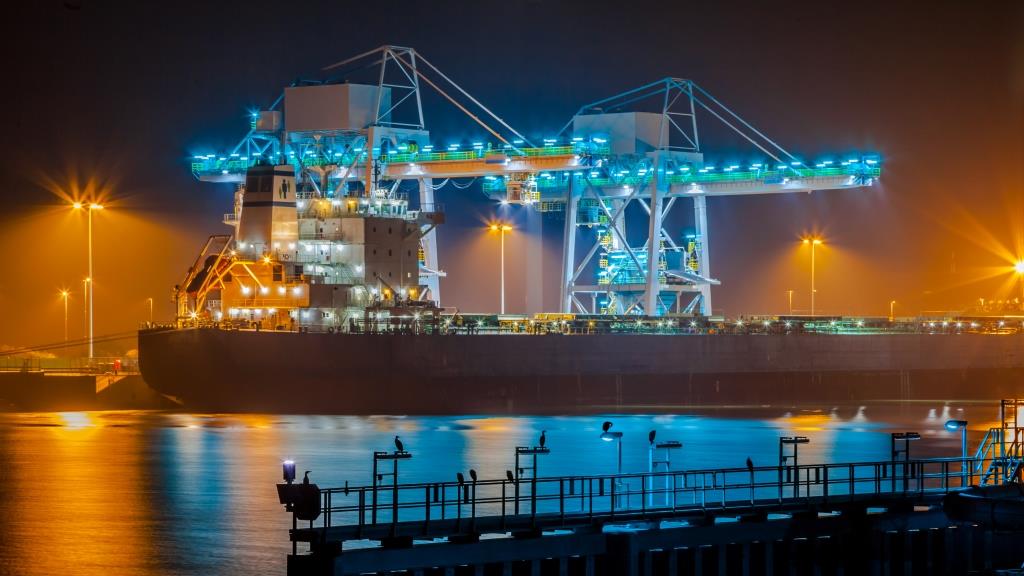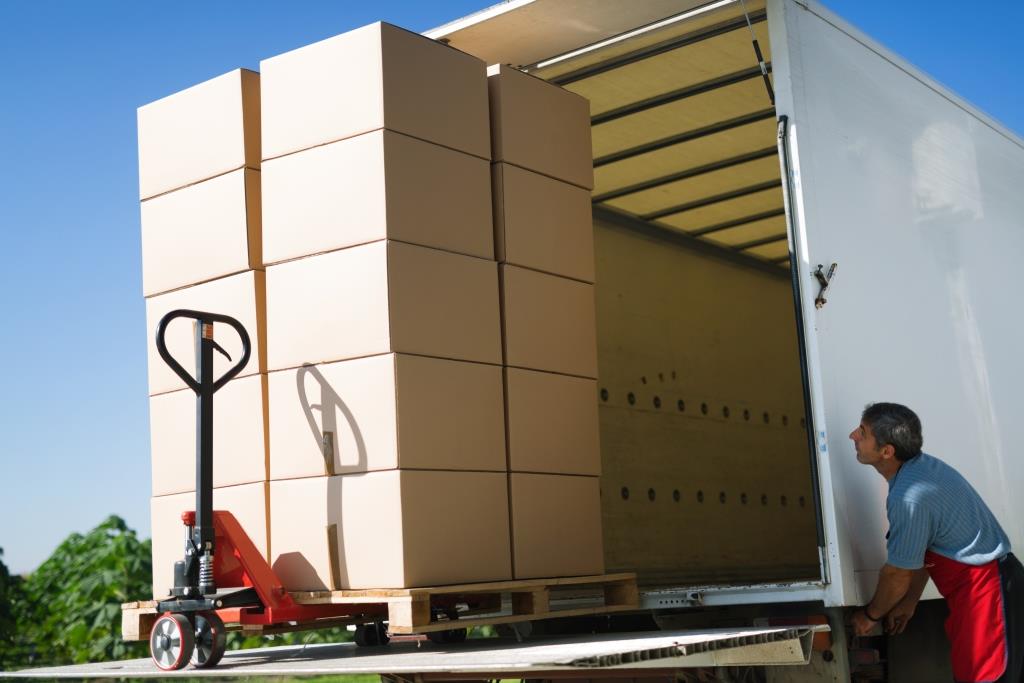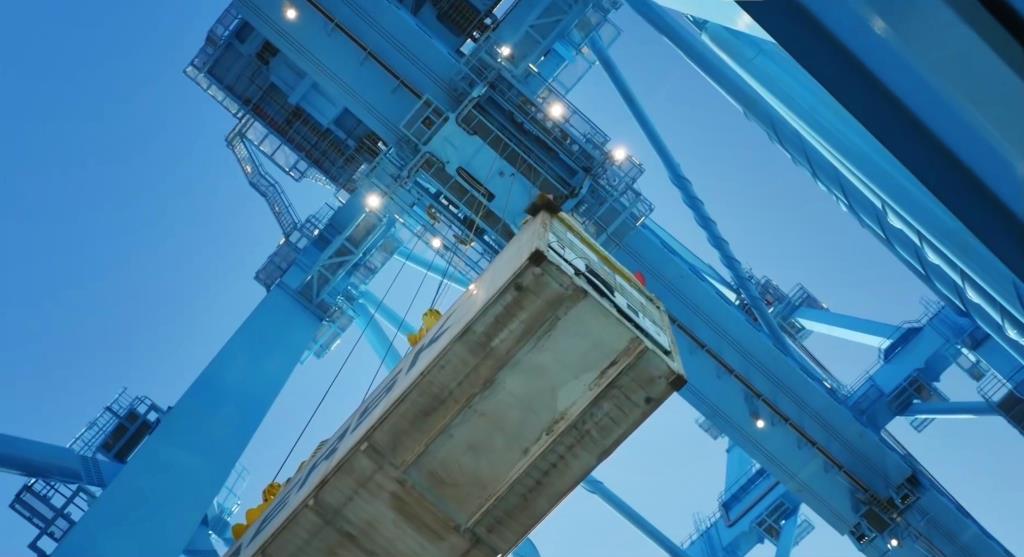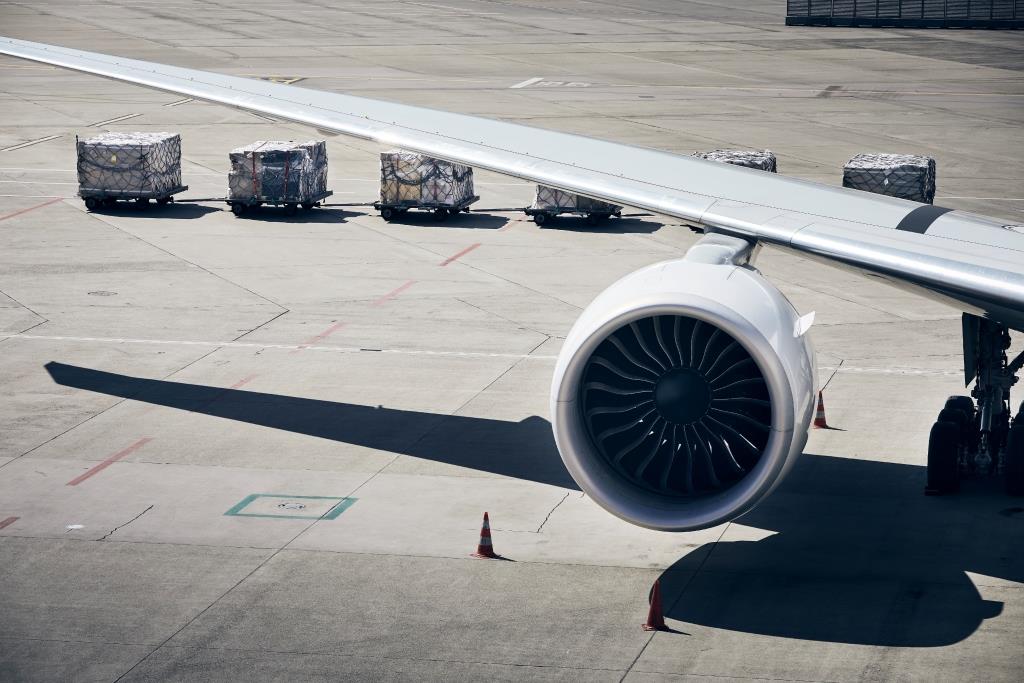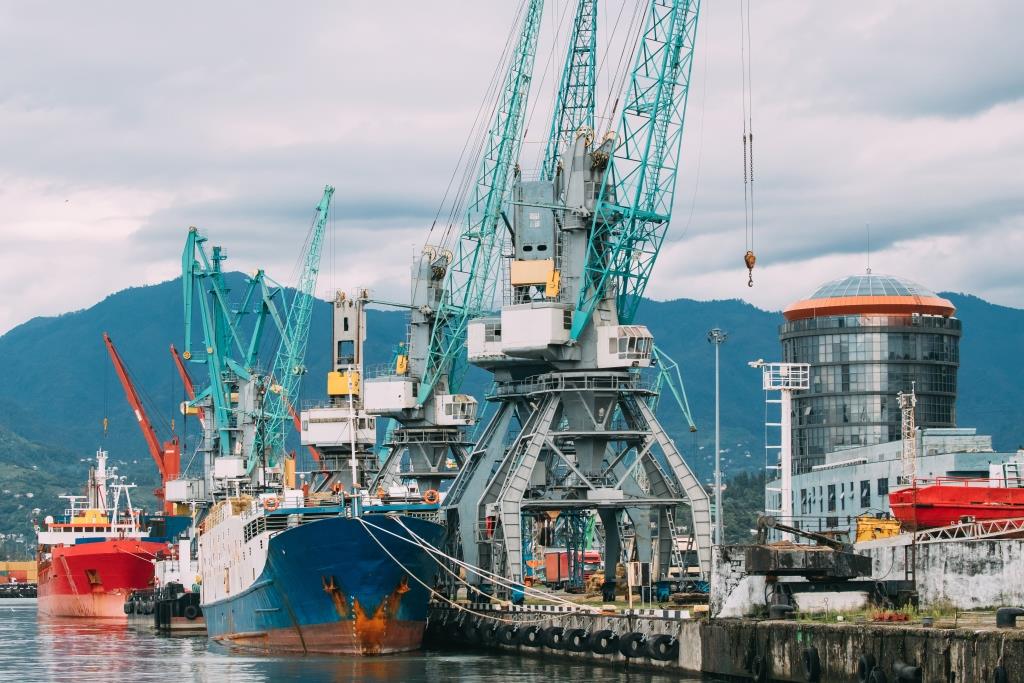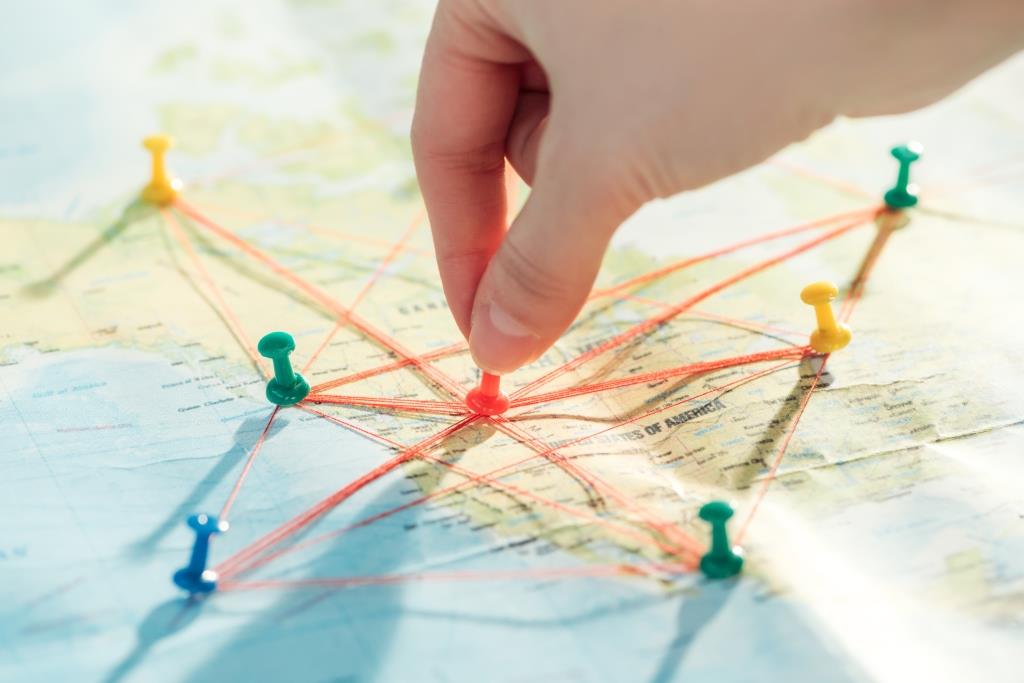
The Import Administration works to promote competition and reduce the cost of living through promotion and diversification of imports.
The administration operates on a variety of intra- and inter-ministerial fronts, which include lowering import barriers, reducing regulation in import procedures, granting import licenses, initiating activities to diversify import channels, promoting import reforms, distributing tariff-free quotas, encouraging parallel imports and more, all with meeting the consumer's needs and lowering the cost of living as an objective.
The administration's activities focus on the following areas:
Conducting economic investigations on trade offenses, market flooding, and unfair trade.
Distribution of about 150 different quotas for importation of processed food with customs exemption.
- Facilitating importers by distributing thousands of import permits for exemptions from meeting standards.
- Distribution of licenses to import dangerous weapons and toys.
- Running the ONE STOP SHOP hotline – for all importers' inquiries.
- Encouraging imports as a tool to increase competition.
- Making relevant knowledge accessible to importers and consumers.
- Concentrating on import policy, formulating measures to remove import barriers and implementing the ministry's policy on import.
Import management and control
This area deals with the ongoing work of handling importers' inquiries for permits, licenses and exemptions (2C2) for importation in accordance with the Ministry of Economy's duties under the Free Import Order and other laws under the ministry's authority (apart from import exemption permits for export and regulatory approvals). The Import Management and Inspection Unit provides approximately 30,000 import permits per year and consistently improves the process of granting import permits with a focus on short handling time, accessible service and professional care as a means of reducing regulatory burdens and making importing to Israel cheaper.
Trade Levies
Under the 1991 Trade and Defense Law, the administration is responsible for protecting the local economy against unfair trade practices, and for protecting against possible international trade wars, in accordance with agreements signed by Israel within the World Trade Organization.
The Administration is authorized to operate four types of levies: the flooding levy, the comparative levy, the defense levy, and surcharge. The Director of the Import Administration is also the Commissioner of Trade Levies, and has the powers to conduct investigations and make decisions, as well as the Economic Affairs Advisory Committee on these levies, and the minister himself.
The flooding levy is imposed on imports that are flooding the market, as a general rule – imports whose export prices are lower than their prices in the country of origin, which causes real damage to the productive industry in the country. A comparative surcharge is imposed on exports to Israel subsidized by the government of the exporting country and causing real harm to the productive industry in the country. The surcharge is imposed in various cases as prescribed by law. A defense levy (safeguard) is imposed when a substantial increase in imports in a particular industry causes serious damage to the productive industry in Israel, and considering the benefits to the economy arising from imports.
Local producers representing the Israeli producers' industry can file a complaint of trade surcharges against importation at flood pricing, a supported price or an increase in imports that cause damage to the local industry. Such a complaint must be based on apparent evidence and include ongoing and up-to-date data demonstrating the harm caused to the local industry.
The commissioner, after investigating the complaint, submits the findings of his inquiry into the flood pricing or supported pricing to the Advisory Committee, which hears the parties and submits its conclusions and recommendations to the Minister of Economy. It is the Minister of Economy who has the final word on whether to impose a levy, at what rate and for what period of time. The commissioner must submit his findings in the inquiry of safeguards directly to the Minister of Economy. The Commissioner of Trade Duties offers help to local manufacturers by filing a complaint / application and fulfilling the requirements applicable to them by law.
The decision of the Minister of Economy to impose a flooding levy, a comparable levy, a surcharge or a safeguard levy is subject to the consent of the Minister of Finance and the approval of the Knesset Finance Committee.
Import management
Granting of exemptions from the presentation of a standard in accordance with Section (2) (c) (2) of the Free Import Order:
- Import for self-use
- Donations
- Import of military equipment intended for a government body
- Import of professional audio and video equipment
- Import of samples for display and market testing
- Import for use in the manufacturing process
- Import of spare parts
- Import of medical equipment
- Import of computers, computer equipment, printers, copiers and electric musical instruments
- Import of external power supplies into computer equipment
Granting weapons and firearms licenses
The division distributes import licenses for cold weapons, hot weapons, as well as dangerous toys such as Airsoft and Paintball. These licenses are distributed according to strict criteria while implementing online information systems to improve service and promote professional collaborations with the Customs, the Israel Police and other agencies to prevent smuggling and violations in the field. The division also conducts reviews and traning for importers in the field.
Distributing customs-free quotas for imports of food products
The Import Administration, through the Customs Committee of the Ministry of Economy and Industry, distributes approximately 150 different quotas each year for import of duty-free food items in accordance with Director General 2.7, under the International Trade Agreements of Israel and voluntary quotas.
In recent years, the commission, headed by the Director of the Import Administration, has begun to distribute quotas through competitive proceedings to increase the impact on prices in the economy in industries where non-competitive market conditions or shortages result in price increases. In this way, tariff-free food quotas of cheese, butter, fresh meat and olive oil are currently being distributed in competitive proceedings to importers who undertake to sell the products at the lowest cost to the consumer.
These quotas have a clear and immediate impact on increasing competition and reducing food prices in the given category.
More related articles
…


